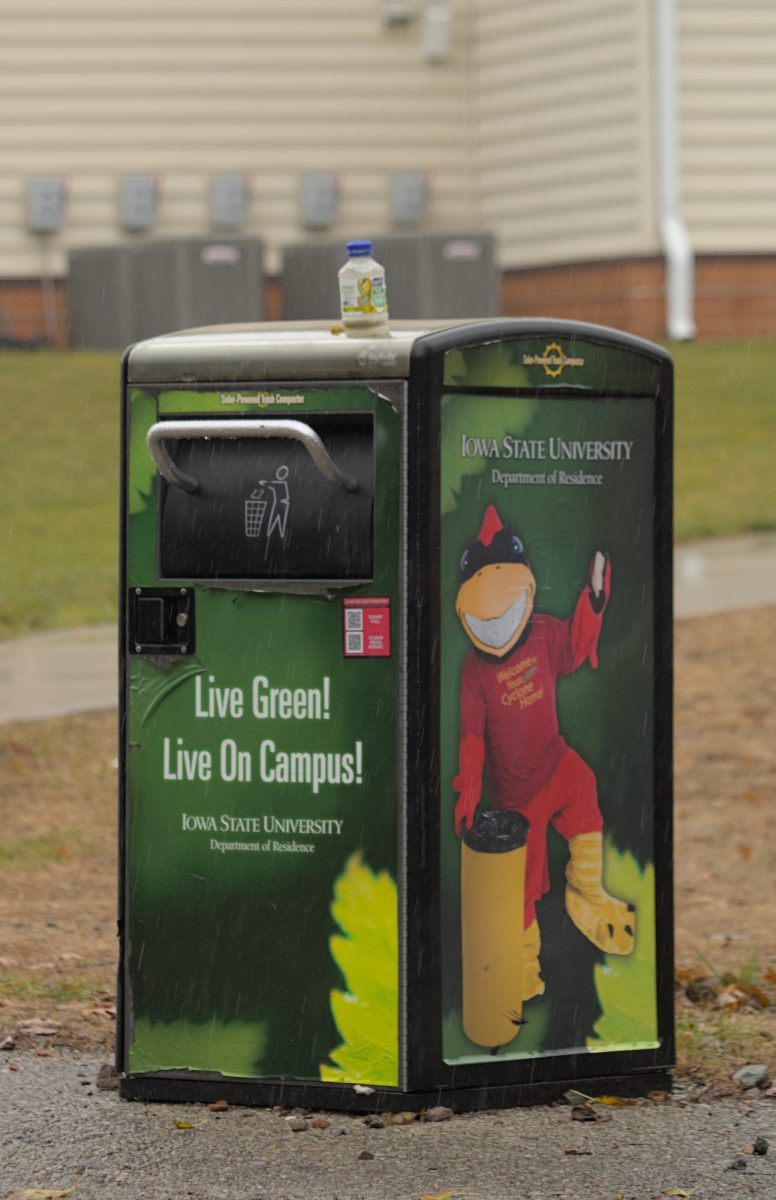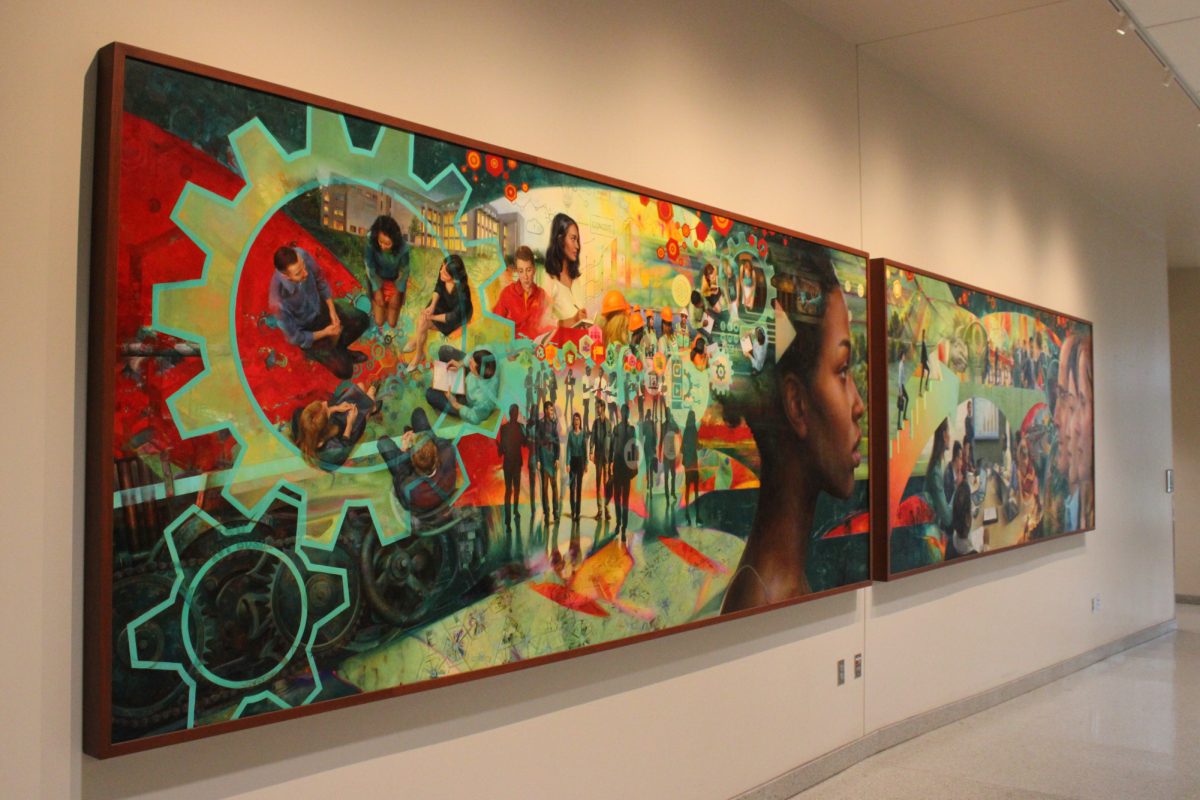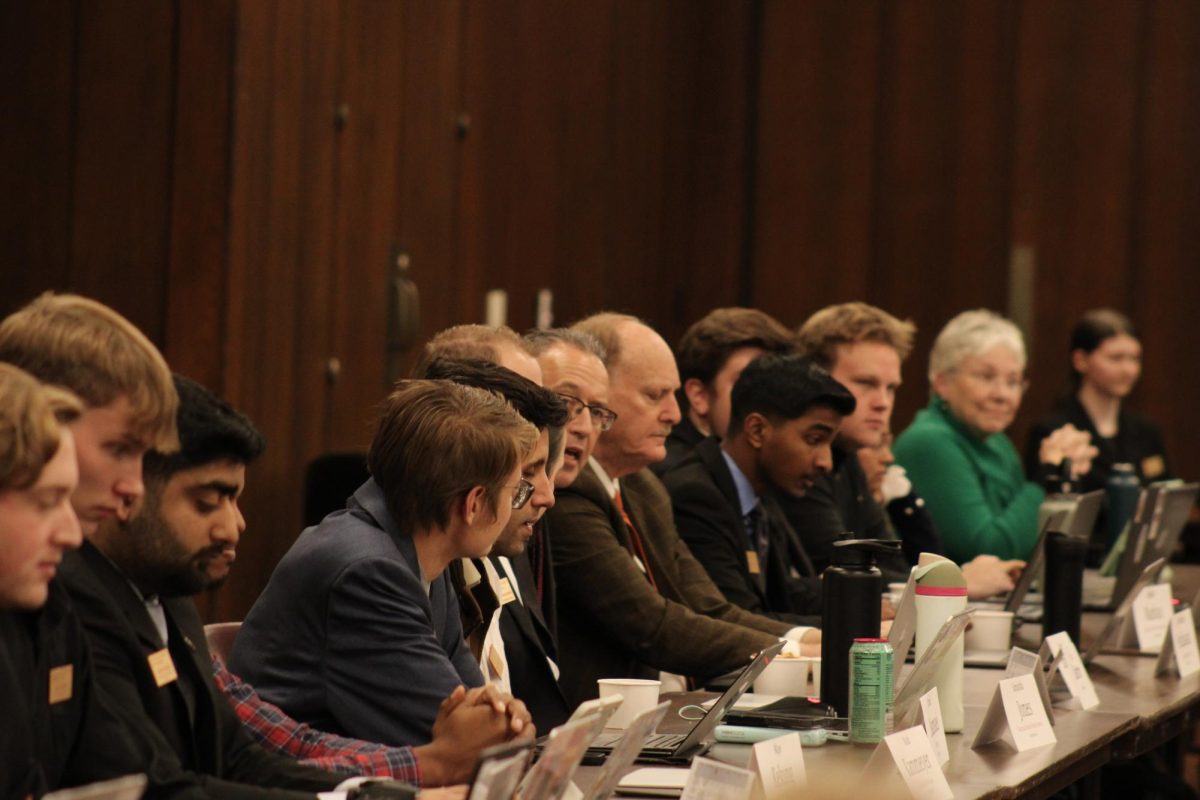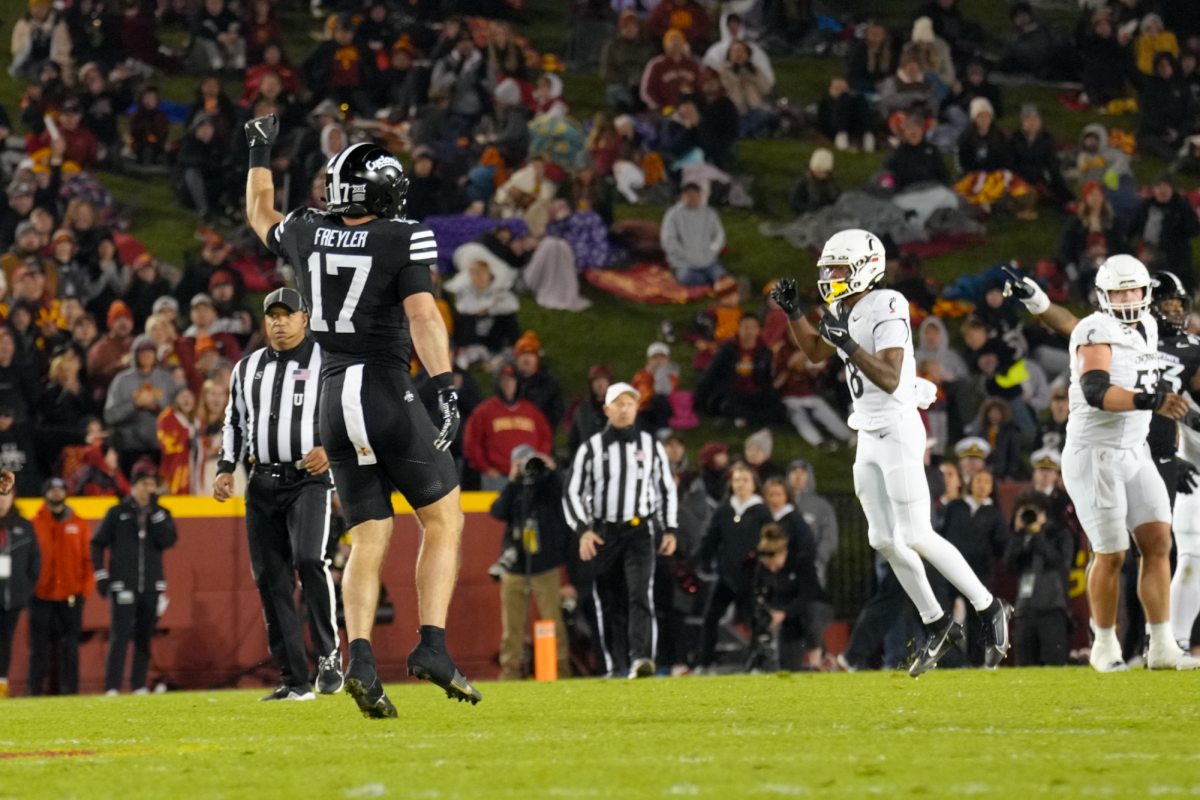CNN’s Crowley tells crowd to be real
March 3, 1997
CNN’s Candy Crowley said when she covers a story, she looks for the person in power — no matter whether it’s a woman or a man.
At Iowa State’s Carrie Chapman Catt Center for Women and Politics fifth annual spring conference, Crowley said women are often covered less in the media because they have not reached leadership positions.
“When I do a story, I want a chairman of a committee or a president of a corporation, and guess what, they’re usually men,” Crowley said.
Crowley, who spoke to a crowd of about 100 people at the Scheman Building Saturday at noon, said the media coverage is not an issue of bias, but rather a reflection of existing power.
Crowley, who lived in Iowa for five years in the late ’70s, is CNN’s Congressional correspondent and covered former Senator Bob Dole’s presidential campaign. She has worked for CNN since 1987 and has covered the presidential campaigns of Bill Clinton, Ronald Reagan, George Bush and Jesse Jackson.
Crowley said many female candidates try to package themselves in a way that is similar to the style of male candidates, but she said being real is the best way to go.
“There’s no one way to be a woman candidate. Women’s strength is they are what they are,” she said.
Crowley said there are both advantages and disadvantages to being a woman reporter.
As an advantage, she said “many politicians find it difficult to walk by a female reporter without saying something.”
She said Dole always talked to her on his campaign because of his “Midwest” manner toward women.
But Crowley said male bonding is a disadvantage because “there is still the locker room thing.”
“There is still disadvantages because I’m not going to go play basketball with male politicians,” she said.
Peggy Petrzelka, a graduate student in sociology who listened to Crowley’s speech, said she agreed with Crowley’s reasons on why women leaders are covered less in the media.
“She was great. I appreciated her point that it’s not implicit bias, but it’s needing to get to that power position when reporting,” she said.
Petrzelka said she also appreciated Crowley’s views on “being real.” Petrzelka said there is a “certain appearance” reporters often comply with. “But Candy was herself just like she said,” Petrzelka said.
Another student, Stacy Walshire, a freshman in political science and speech communication, said, “She was interesting. She gave us insight into the media for women,” she said.
The conference, “Looking Back/Looking Forward: Women’s Voices, Victories and Visions,” focused on the role of women as voters, political candidates and policy makers.
“Crowley was one of my first choices of journalists for the conference,” said Dianne Bystrom, director of the Carrie Chapman Catt Center for Women and Politics.
Bystrom said the purpose of the conference was to blend academics with actual experience.
“We want to combine people who study and who live with these experiences,” Bystrom said.
The conference was sponsored by the center and the political science and journalism and mass communication departments.






